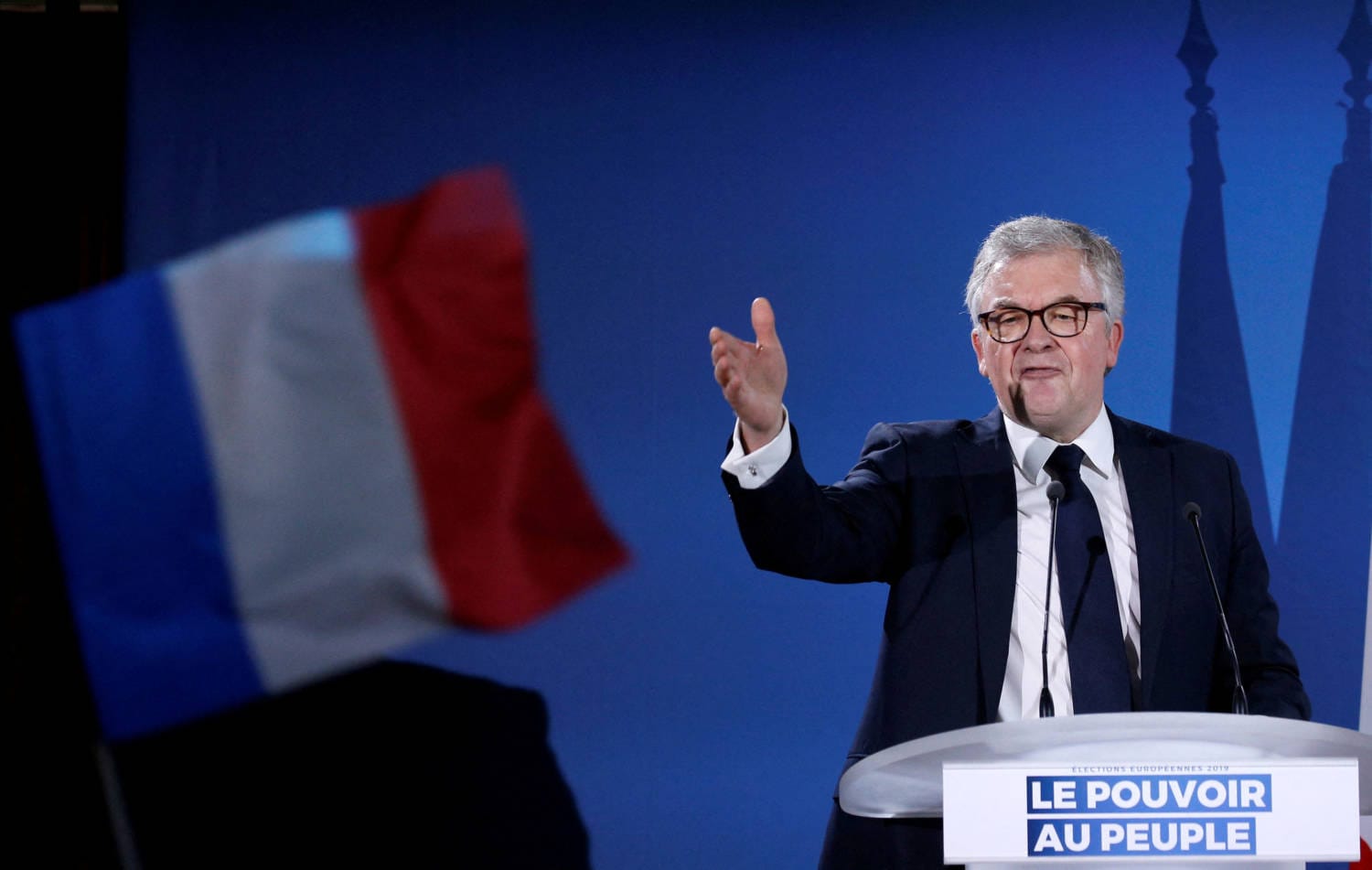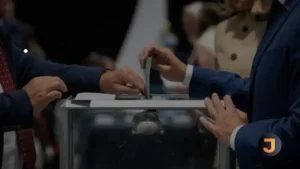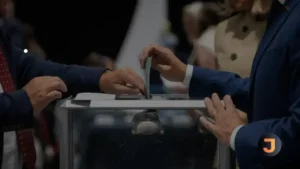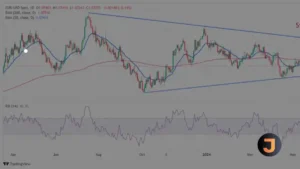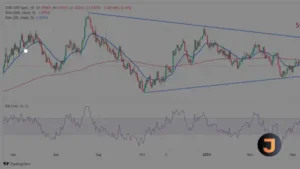Shifting Dynamics in the European Parliament
As the European Union braces for its upcoming assembly election on June 6-9, the political landscape is poised for a significant shift. Jean-Paul Garraud, a French right-wing lawmaker and chair of France’s Rassemblement National (RN) legislators, is eyeing a pivotal change in the balance of power within the European Parliament. With nationalist and eurosceptic parties anticipated to make substantial gains, Garraud envisions a scenario where these groups could secure key roles in parliamentary committees and potentially executive positions.
Amidst public discontent over rising living costs, energy crises, and immigration issues,
According to forecasts, the radical right factions Identity and Democracy (ID) and the European Conservatives and Reformists (ECR) are set to expand their presence in the parliament, potentially capturing 22-25% of seats, up from the current 18%. This growth isn’t confined to older demographics; younger voters are also being swayed. In Germany, for instance, a poll revealed that 22% of under-30s would cast their vote for the far-right Alternative for Germany (AfD).
These parties have adeptly harnessed social media to propagate their message, raising concerns among mainstream groups about the spread of misinformation. In Dunkirk, France, parents like Jean-Francois Engrand express alarm over the narratives their children encounter online, particularly those painting foreigners in a negative light.
The rise of populist parties comes as traditional powerhouses like French President Emmanuel Macron’s party face dwindling support, with some critics arguing that Macron’s focus on immigration and crime has inadvertently fueled the right’s momentum.
While the centre-right European People’s Party (EPP), Social Democrats, and centrist liberals have historically excluded hard-right groups from top EU positions, this election could mark a turning point. Garraud is confident that such an exclusion will no longer be feasible. Nicola Procaccini, co-chair of the ECR group, points to Italy’s current coalition government as a potential blueprint for future collaboration.
Despite these developments, the EPP’s parliamentary leader Manfred Weber remains staunchly opposed to working with groups like the AfD, which he accuses of being too cozy with Russian and Chinese interests. Allegations of foreign influence have begun to strike a chord with the electorate, as evidenced by recent polls in Germany.
As Europe navigates this “age of perma-crisis,” the upcoming EU assembly election could redefine the continent’s political trajectory, with green policies and European security at the forefront of voters’ minds. The Greens’ co-leader Bas Eickhout warns against the weakening of Europe, suggesting that a strong EU is perceived as a threat by external forces who may find an ally in the far right.
